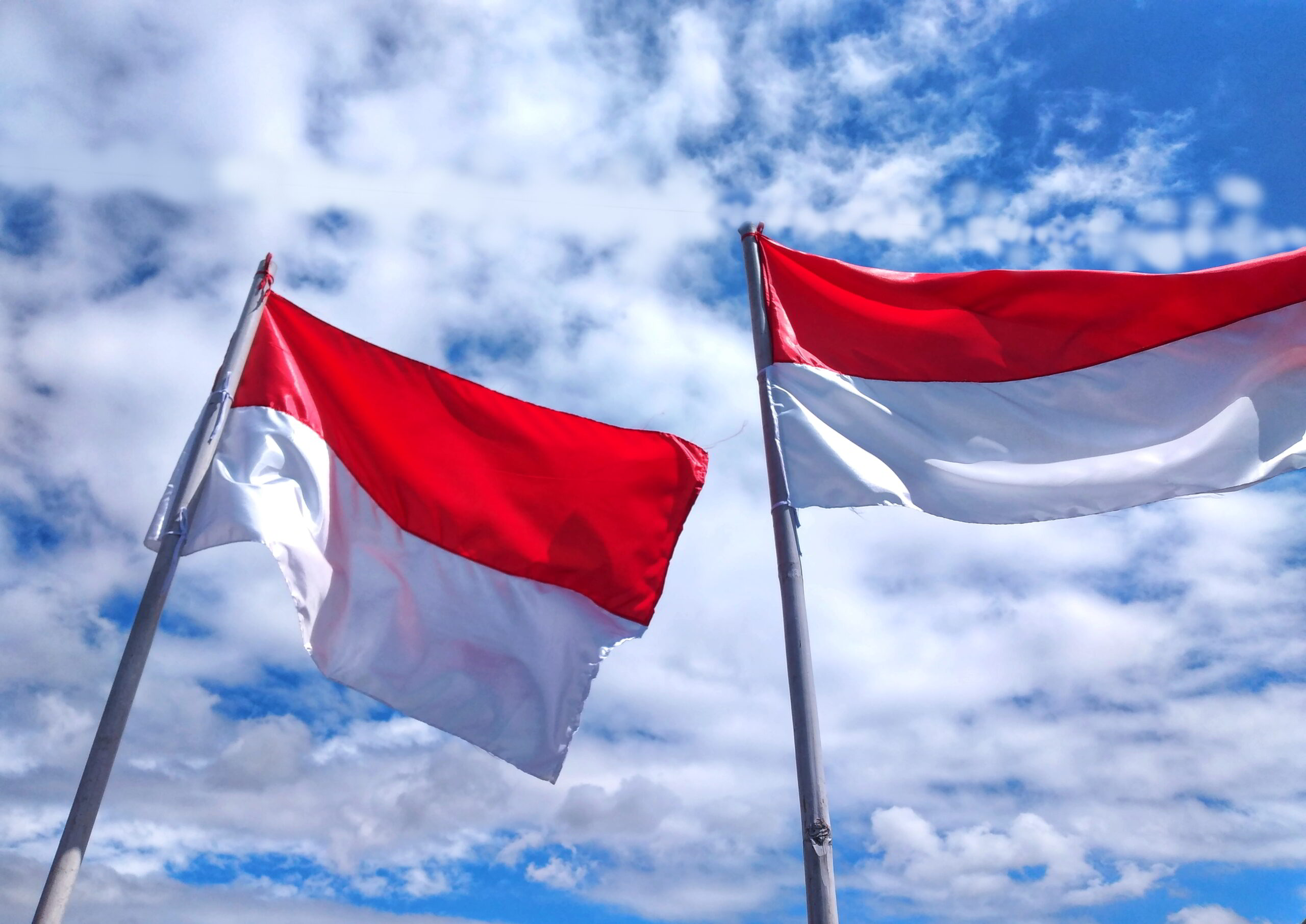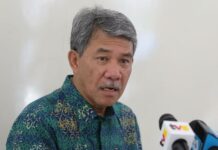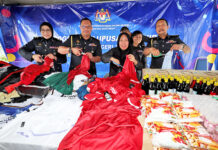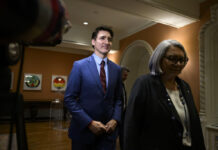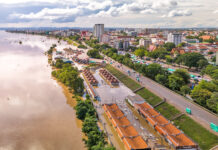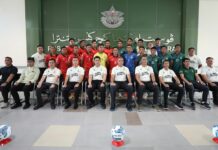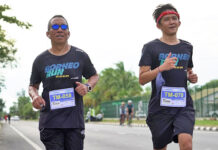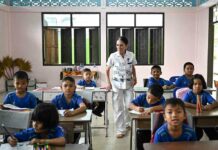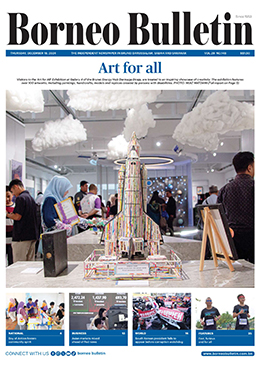JAKARTA (ANN/THE JAKARTA POST) – After a recent Constitutional Court ruling pointed out significant flaws in the regulations guiding the 2024 general election, Indonesian lawmakers are pressing for an amendment to the 2017 Elections Law.
The court’s findings suggest that the existing rules do not sufficiently address the activities of high-ranking officials during the election campaign season, leading to concerns about fairness and neutrality.
Yanuar Prihatin, a member of the House of Representatives Commission II overseeing home affairs, stated that stricter regulations are needed to ensure that high-ranking officials do not misuse state resources to promote government programs as a guise for campaigning for specific candidates or political parties.
He called for harsher penalties for any violations, emphasising the need to maintain the integrity of the electoral process.
“Until now, in the absence of clear, heavy sanctions, the president and ministers can influence people’s political choices by using state facilities and deliberately abusing their authority for their electoral goals,” he said on Tuesday in a press statement.
He also insisted that there must be stricter leave regulations for high-ranking officials who take part in election campaigns.
The Constitutional Court rejected on Monday petitions from unsuccessful presidential candidates Anies Baswedan and Ganjar Pranowo, who had sought to annul the victory of president-elect Prabowo Subianto.
The plaintiffs alleged that the victory was the result of abuses of power and state resources by President Joko “Jokowi” Widodo, his ministers and other state institutions. The abuse of power had enabled Jokowi’s son Gibran Rakabuming Raka to run as Prabowo’s running mate.
While Jokowi had not explicitly endorsed his son’s campaign, he had indicated his preference for Prabowo and during the campaign season, he embarked on frequent field visits to distribute social assistance.
The witnesses and evidence presented during the election dispute hearing, however, failed to prove the allegations, resulting in the court justices rejecting both challenges by Anies and Ganjar.
Despite the ruling, the court acknowledged potential violations that the President and his aides had committed, saying that the President should have behaved in a neutral manner during the campaign season.
The court also criticised government officials who are also political party chiefs and who campaigned during the same period by way of their official field visits.
“The government and the House must make clearer regulations for the state apparatus, which also includes members of political parties or campaign teams, so that campaign activities can be kept separate from their official duties,” said Constitutional Court Chief Justice Suhartoyo, while reading out the ruling.
The apparent transgressions by state officials, while they were not proven in court, prompted three justices, Saldi Isra, Enny Nurbaningsih and Arief Hidayat, to deliver dissenting opinions, demanding a revote in the disputed regions that had been presented as evidence during the court process.
Another House Commission II member, Guspardi Gaus of the National Mandate Party, said the court recommendation for better election regulations should be followed up immediately.
